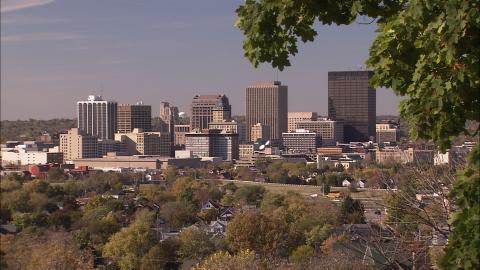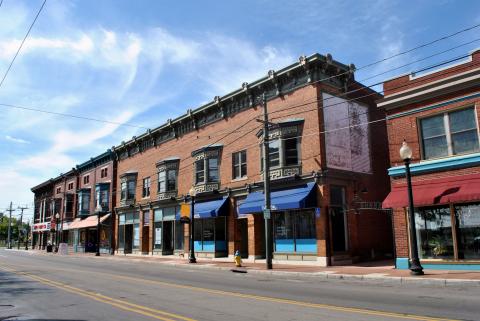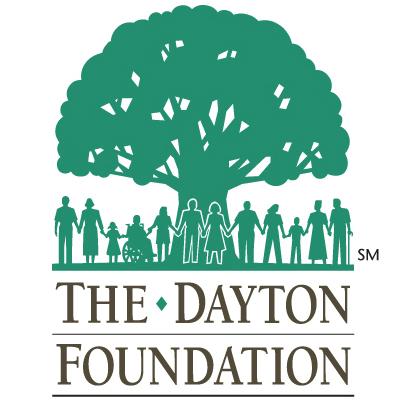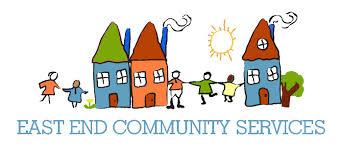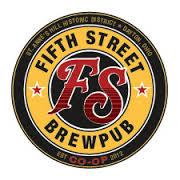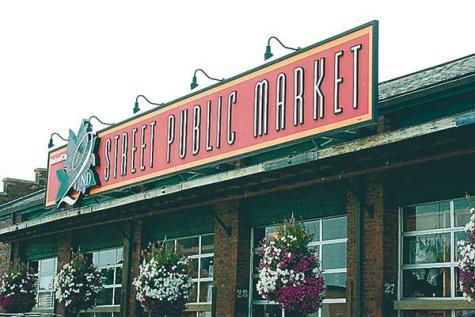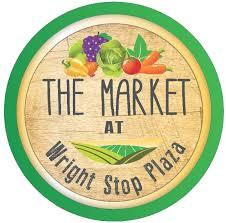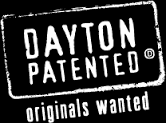Posted April 2016
Named after Jonathan Dayton, an area landowner who served as a captain in the American Revolutionary War, Dayton was incorporated in 1805 and originally consisted of just several hundred residents. The completion of the Dayton-Cincinnati canal in 1829 fueled the city’s early growth.
As the city developed over the next several decades, it became known as a center for innovation. In 1890, for instance, the U.S. Patent Office granted Dayton residents more patents per capita than residents of any other city. This innovation further fueled business expansion in the region, pushing Dayton’s population past 100,000 by 1910. As its industries grew, Dayton experienced significant population growth over the ensuing decades, reaching a peak of more than 262,000 in 1960.
Similar to other industrial cities, however, Dayton’s population began to decline as a result of suburbanization and layoffs due to technological advances and industrial flight to places with low labor costs. According to U.S. Census estimates, Dayton had 141,003 residents as of 2014. Roughly half (51 percent) of the city residents were white, 43 percent African American, 3 percent Hispanic American, and 3 percent multiracial.
With the loss of its strong manufacturing base, Dayton experienced severe social and economic consequences. Perhaps most significant, Dayton’s poverty level reached 35 percent between 2009-2013, more than double the state average of 16 percent. Likely reflecting this, less than half (49 percent) of all Dayton residents owned their own homes during this same period, a figure well below the state average of 68 percent. The city also became known as one of the most dangerous in the nation—making the FBI’s 2014 “Top Ten” list of medium cities with the highest homicide rates.
Working to address these challenges and build community-based wealth are a broad range of Dayton-based organizations. For example, St. Mary Development Corporation, a CDC working to ensure that all area residents have a safe, affordable place to live, has developed more than 3,500 units of affordable housing since its inception in 1989. PowerNet of Dayton, a nonprofit focused on supporting the re-integration of ex-offenders, operates several social enterprises, which have provided critical training and paid employment to over 1,000 people since 2009. Most recently, Leaders for Equality and Action in Dayton (LEAD), an organization representing a diverse array of Dayton-area congregations, has launched a two-year research project in collaboration with the City of Dayton and Cincinnati-based cooperatives to explore the possibility of developing worker-owned businesses to anchor capital and jobs locally.
Dayton’s non-profit, place-based anchor institutions, including universities and fast-growing healthcare providers, are also taking an active role in community economic development. Miami Valley Hospital (MVH) and the University of Dayton, for example, are key partners in the Genesis Project—a public-private partnership launched in 2000 to help revitalize one of the city’s oldest neighborhoods.
An overview of these and other community wealth building efforts follows:
